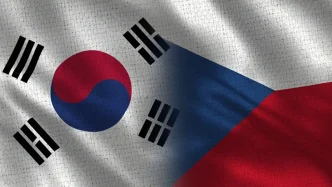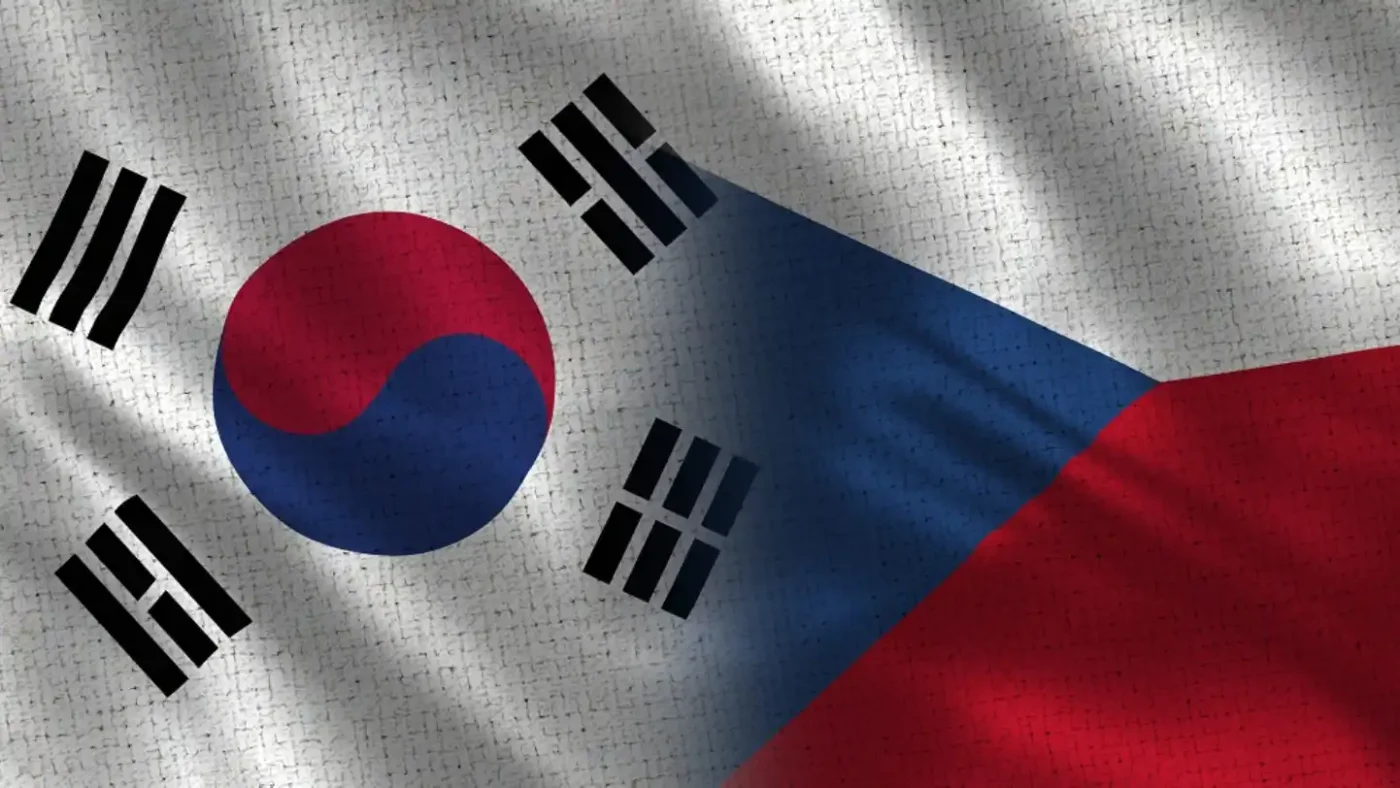A significant step toward deepening economic ties between South Korea and Laos unfolded in Vientiane this week, as the ASEAN-Korea Centre (AKC), in collaboration with the Korea Importers Association (KOIMA), hosted a Trade Facilitation Mission from May 20-21. The event, designed to foster trade cooperation and forge business partnerships, brought together government officials and business leaders from Laos, South Korea, and Thailand to explore investment opportunities and strengthen regional economic integration.
A Platform for Collaboration
The mission in Vientiane served as a dynamic platform for dialogue and networking, with over 30 Lao businesses and 20 Korean companies engaging in a series of events aimed at identifying potential areas of collaboration. Key sectors highlighted during the discussions included food and beverage, industrial materials, and infrastructure—industries critical to Laos’ ongoing development and South Korea’s export-driven economy.
The Laos-Korea Business Forum, held on May 20, marked the opening of the mission with a series of high-profile speeches. Mr. Kim Jae-shin, Secretary-General of the AKC, emphasized the importance of mutual growth in his remarks. “This mission is a cornerstone of our efforts to build sustainable economic bridges between ASEAN nations and Korea” he said. Similarly, Mr. Kim Dae-young, Vice Chairman of KOIMA, underscored the potential for small and medium-sized enterprises to drive innovation through cross-border partnerships. Mr. Vithoune Sithimolada, Director General of the Trade Promotion and Handicrafts Promotion Department at Laos’ Ministry of Industry and Commerce, highlighted government support for such initiatives, while the Ambassador of the Republic of Korea to Laos, Jung Yung-soo, offered congratulatory remarks on the deepening bilateral relationship.
Insights into Trade and Investment
Presentations during the forum provided valuable insights into trade and investment trends, with a focus on government policies designed to facilitate business in Laos. A notable highlight was a case study shared by CE Management Consulting, Inc., a Korean firm that showcased a successful bilateral cooperation project. The presentation offered practical lessons for attendees, illustrating how cultural understanding and strategic partnerships can overcome barriers to entry in emerging markets like Laos.
In the afternoon, Business Matching Sessions allowed participants to connect directly with potential partners. These one-on-one interactions were pivotal, enabling Lao and Korean businesses to discuss specific opportunities and lay the groundwork for future collaborations. For many Lao entrepreneurs, the sessions offered a rare chance to engage with Korean firms known for their technological expertise and global reach, while Korean companies explored Laos’ untapped market potential and strategic location within the ASEAN region.
Exploring Laos’ Economic Landscape
On May 21, the mission continued with industrial visits to key economic sites in Vientiane. Participants toured the Vientiane Logistics Park, a hub designed to enhance the country’s connectivity and trade capabilities, and the That Luang Lake Special Economic Zone, an area earmarked for foreign investment and industrial growth. These visits provided a firsthand look at Laos’ infrastructure development, offering Korean investors a clearer picture of the opportunities and challenges in the landlocked nation.
Laos, with its population of just over 7 million, is often overshadowed by larger ASEAN economies like Thailand and Vietnam. Yet, its strategic position as a gateway to China’s Belt and Road Initiative and its abundant natural resources make it an attractive destination for investment. Infrastructure projects, such as the China-Laos Railway completed in 2021, have already begun transforming the country into a regional logistics hub. However, challenges remain, including bureaucratic hurdles and limited access to financing for local businesses—issues that initiatives like the AKC’s Trade Facilitation Mission aim to address.
Regional Economic Integration in Focus
The mission in Vientiane is part of a broader effort by the AKC to strengthen economic ties across the ASEAN region. Following the events in Laos, the delegation moved to Bangkok from May 22-23 for a similar program of business forums, presentations, and industrial visits. This continuation underscores the interconnected nature of ASEAN economies, where collaboration in one country often has ripple effects across the region.
South Korea, as one of ASEAN’s key dialogue partners, has steadily increased its economic footprint in Southeast Asia. Trade between Korea and ASEAN countries reached US$160 billion in 2022, according to data from the Korean Ministry of Trade, Industry and Energy, with significant growth in sectors like electronics, automotive, and agriculture. For Laos, which has historically lagged behind in attracting foreign direct investment compared to its neighbors, partnerships with Korea offer a chance to diversify its economy beyond hydropower and mining—sectors that dominate its export profile but are vulnerable to environmental and market fluctuations.
Challenges and Opportunities Ahead
While the Trade Facilitation Mission has been hailed as a success by organizers and participants alike, it also highlighted the disparities between the two nations’ business environments. Korean companies, accustomed to high-tech industries and streamlined regulatory frameworks, often find Laos’ less developed infrastructure and complex administrative processes a barrier to entry. Conversely, Lao businesses face challenges in meeting the quality and scale expectations of international partners.
Addressing these gaps will require sustained efforts from both sides. Government policies in Laos, such as tax incentives for foreign investors and streamlined customs procedures, are steps in the right direction. Meanwhile, Korean firms can play a role by providing training and technology transfer to local partners, fostering a more inclusive form of economic cooperation. The AKC’s role as a facilitator is crucial here, bridging cultural and logistical divides to ensure that both parties benefit from the relationship.
Economic Implications for ASEAN
Beyond the immediate outcomes of the mission, the event carries broader implications for ASEAN-Korea economic relations. As global supply chains continue to shift in response to geopolitical tensions and post-pandemic recovery, Southeast Asia has emerged as a critical hub for manufacturing and trade. South Korea, with its expertise in high-value industries, is well-positioned to support ASEAN’s ambitions to move up the value chain—from raw material exports to advanced manufacturing and services.
For Laos specifically, deepening ties with Korea could accelerate its integration into regional and global markets. The country’s membership in ASEAN provides access to a combined market of over 650 million people, but it has yet to fully capitalize on this potential. Initiatives like the Trade Facilitation Mission offer a blueprint for how targeted partnerships can unlock opportunities, particularly for smaller economies within the bloc.
Looking Forward
As the ASEAN-Korea partnership continues to evolve, the outcomes of missions like the one in Vientiane will serve as a barometer for future collaboration. With both sides expressing optimism about the potential for growth, the focus now shifts to translating discussions into tangible agreements and investments. For businesses in Laos and Korea, the relationships forged over these two days could mark the beginning of a new chapter in economic cooperation—one that promises mutual benefits and a stronger ASEAN region.















